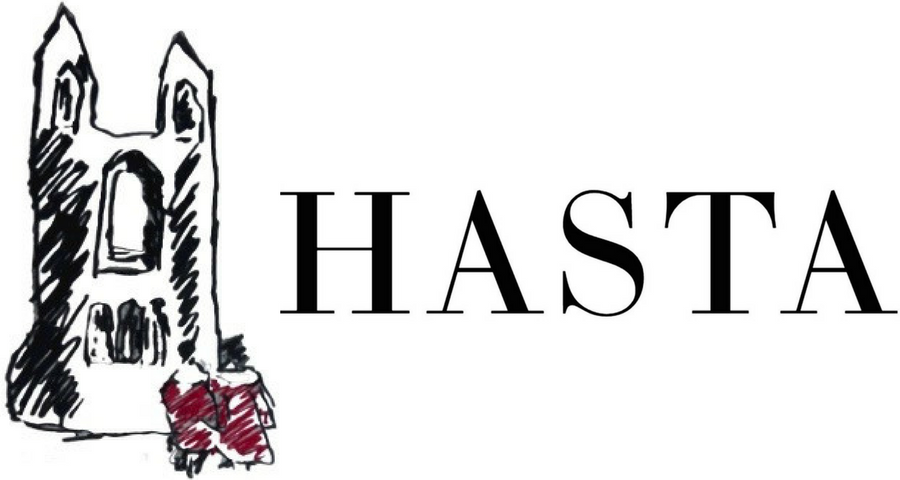Where will Christine Macel lead the Venice Biennale?
“All art is political”
~Ai Wei Wei
First off, I should apologise for keeping quiet during my outrageously long winter break. I do hope you enjoyed the holidays and can’t wait to begin the next semester. In the meantime, I’m sure you’ve all heard the big news: Paolo Baratta, Venice Biennale director, has commissioned Christine Macel to curate the 2017 edition of the art festival. A few weeks ago I discussed the appointment of Alejandro Aravena as the architectural biennale's curator, arguing that he will have to take a different direction after an unusual but not particularly forward-looking exhibition presented by Rem Koolhaas. Macel’s task seems equally challenging.
The Venice Biennale has long been seen as an elitist and slightly outmoded affair, especially when discussed within the context of the rise of the biennial as one of the most important phenomena in the most recent history of art. Due to its spectacular setting, the Biennale is expensive to attend. And with its tradition of national pavilions, it is bound to stir controversy, because both young and developing countries tend to have much less space at their disposal than Germany or Japan. These are just two reasons why Okwui Enwezor’s take on the 2015 Biennale was ground-breaking. The Nigerian curator unashamedly politicised the show and deliberately made international tensions its focal point. His visionary approach proved that the Venice Biennale can still touch upon important issues and serve to force the world’s elites to talk about matters they might find uncomfortable and disconcerting.
The big question is, of course, what will Christine Macel do with the next Biennale? In the recent years, she worked as the chief curator of Centre Pompidou. Looking at the exhibitions she has organised both in and outside Paris, I expect her to take at least some of the political weight off the Venice Biennale. I might be wrong, but I suppose she will bring our attention back to form, problems of time and space, and the like – in sum, larger ideas, removed from the actual debates and current newspaper headlines. One could argue that in these hard times we need the Biennale to engender challenging discussions and not to shun politics. However, as inescapable as the questions surrounding international conflicts and migrations may appear, exploring other issues – such as artistic identity or pure form – should not be regarded as unethical.
The appointment of a woman curator is of great political importance in itself. Furthermore, the 2017 Biennale will coincide with the next Documenta, which is bound to take over from Owkui’s edition in terms of political debates. For the first time in its history, Documenta will be split between two locations: its traditional setting in Kassel and Athens. The fact that part of the festival takes place in the Greek capital will inevitably draw attention to problems of poverty, economic disparities between nations, and the influx of refugees into Europe. Certainly, it is too early to make serious predictions since the title of the 2017 Venice Biennale has not been revealed as yet. Nonetheless, given Adam Szymczyk’s project for the upcoming Documenta, it might be not only acceptable, but also desirable to make the next Biennale less about Das Kapital. In fact, the biggest challenge facing Christine Macel might be creating a fascinating, stimulating, and important festival of contemporary art without “borrowing” attention from international politics.

